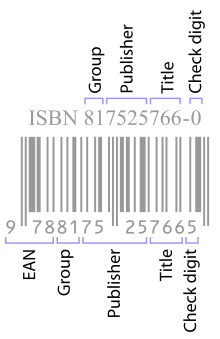I’ve had some questions that nibble around the edges of the “who is publishing you” biscuit. I thought I’d take a moment to address this specifically.

I’m self-publishing this novel for a range of reasons but, yes, it’s self-published. However, let me be the first to say that this means that you now know less about the process that the book has gone through. For a trad publishing gig, the book has had to make it past several layers of readers and, once accepted, it has been edited, re-read many times, adjusted and tweaked at the structural and syntactic level. As someone who has read self-pub (and trad…) that has obviously not gone through that process, I understand some concerns here. I recognise the importance of objective criticism, other views, and good editing. I wanted to make sure that this work went through a production process that would lead to a really good final book.
What has happened to this book? Let me tell you
The original idea was developed in early 2015 and the work was researched, planned and written over a period of about nine months. I then revised it, fixed some of the more obvious problems, and sent this second draft to readers. I’m lucky that I can write a reasonable first draft and I’m usually happy for D2 to go out as a reflection of what I was thinking.
Those readers gave me early feedback, based on their own broad reading experience and knowledge as writers. I made some modifications and then gave the next draft to two people who were readers in this genre to see what they thought, from a more commercial perspective.
When I received feedback that one of them had spent three hours on a plane reading it on the tiny screen of an iPhone because he was enjoying it, I took that as a positive.
Overall, reader reception across five different readers was overwhelmingly positive, with valuable critical feedback. This was my (self-created) quality gate to move to the next stage.
We then moved to a detailed editing and restructuring mode. The opening chapter changed. The ending changed. Three times. Entire sections of text disappeared. New characters appeared. Swathes of names shifted for effect. Individual words were tweaked to change the rhythms of a critical sentence.
Darlings were killed.
I decided it was good enough to publish but that, to be fair to readers, I should use a professional editor to carry out the structural skim and deep copy edit to make sure that we’d done a good job in the early stages. I also hired a professional designer and artist to design and construct the cover. Both of these people are part of my local art and writing community and the money I pay them goes straight back into making my own city a more literate and beautiful place.
This is still my vision. This will be my book. But it has gone through multiple readings, a lot of editing, and, by the time it reaches you, it will have been scrutinised by professional eyes to make sure that the $2.99 you spent was worth it.
That’s my process. The book is an exciting action adventure where my characters fight bravely against the forces of darkness. I’ve been told it’s a page-turner and that makes me very happy. The structure of the book will be good enough to support that, because that’s how I built the process.
I can only hope, as release date starts to creep closer, that all of the love and care shows.
Just because I’m selling a book for bus fare doesn’t mean that I can give you a bad ride.







